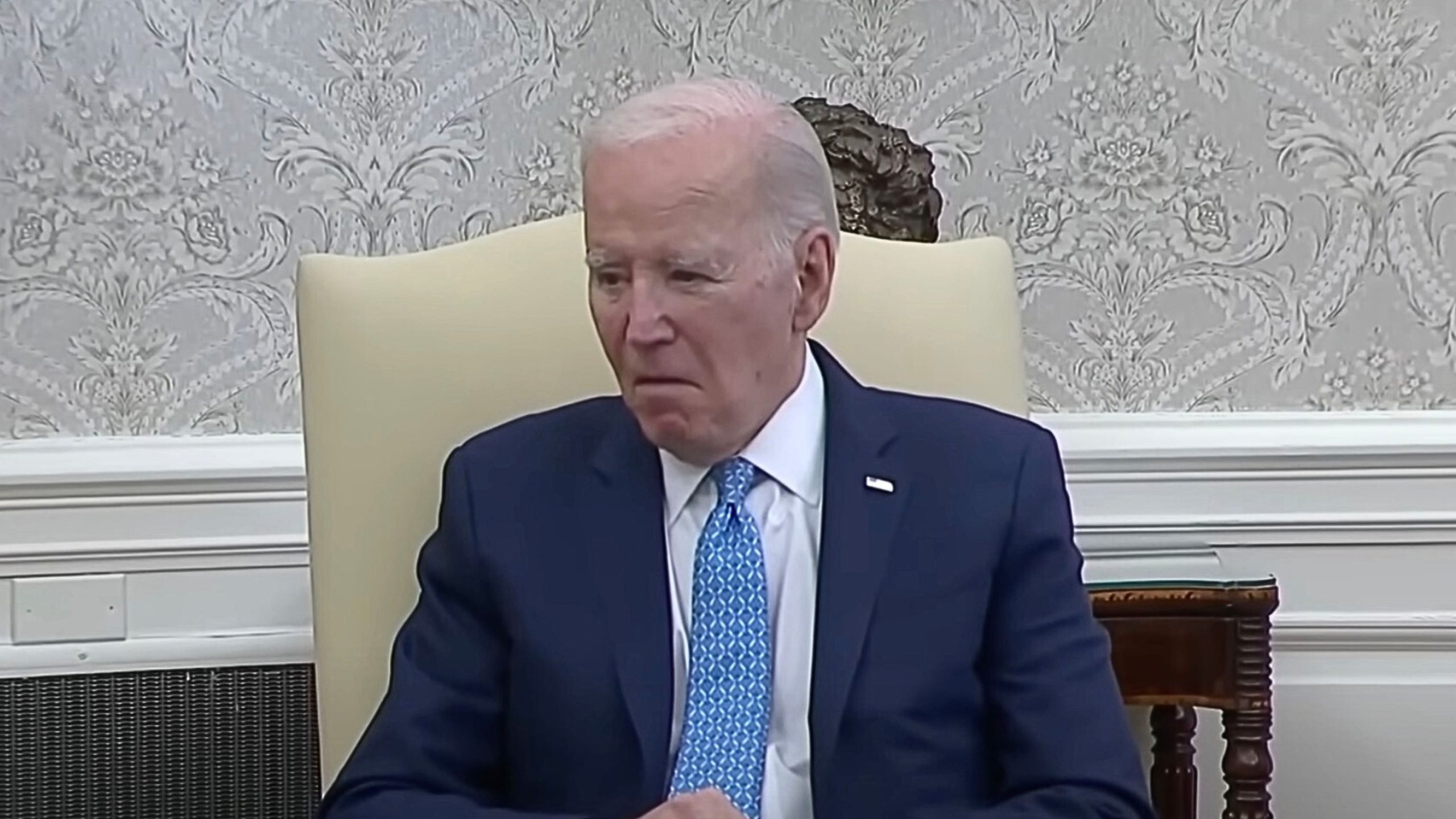A request by the Biden administration to the courts for the renewal of contentious warrantless surveillance powers, has stoked controversy.
These surveillance powers, demanded by American intelligence agencies, are on the verge of expiration. Critics argue that this move either reflects business as usual, or reflects a sidestepping of spying reforms.
According to US Senator Ron Wyden (D-OR), the decision of the US Department of Justice to pursue an extension of the FISA Section 702 for a year without congressional consideration manifests a disregard for reforms aimed at safeguarding American rights.
Related: FISA Court Shows the FBI Illegally Searched Data on a Senator, a State Senator, and a Judge
Expressing his criticism, Wyden offers an alternative legislation which he and other lawmakers proposed that seeks to maintain Section 702 surveillance albeit under strict regulations constraining unwarranted spying on Americans. Wyden is particularly irked by the White House’s direction to prosecutors to seek renewal of the FISA powers in court before his proposed alternative legislation could be wholly considered by Congress.
Senator Wyden did not mince words in expressing his dissatisfaction with the approach of the Biden administration and the Justice department. “It is utterly ridiculous that the Biden Administration and the Justice Department would rather risk the long-term future of an important surveillance authority than support a single meaningful reform to protect Americans’ rights,” he said.
The contentious issue revolves around Section 702, an amendment to the Foreign Intelligence Surveillance Act that allows US intelligence agencies to spy on foreigners considered a threat to national security. Despite the fact that this surveillance is meant for overseas intelligence targets, the incidental warrantless surveillance of US residents has prompted concerns among privacy advocates.
The FBI’s past missteps of using Section 702 to snoop on various individuals ranging from US elected officials to campaign donors adds credence to these concerns. Section 702 is scheduled to lapse by April 19 unless Congress moves to renew it. This has led to a push among several lawmakers to alter the rules and add guards against potential future abuse. To keep it running, Congress had granted a four-month extension last year.
There are currently four legislative proposals in the works to renew Section 702. Two of these initiatives, namely the Protect Liberty and End Warrantless Surveillance Act and the Government Surveillance Reform Act of 2023, entail a warrant requirement prior to investigations.
The White House has resisted attempts to reform Section 702.






















